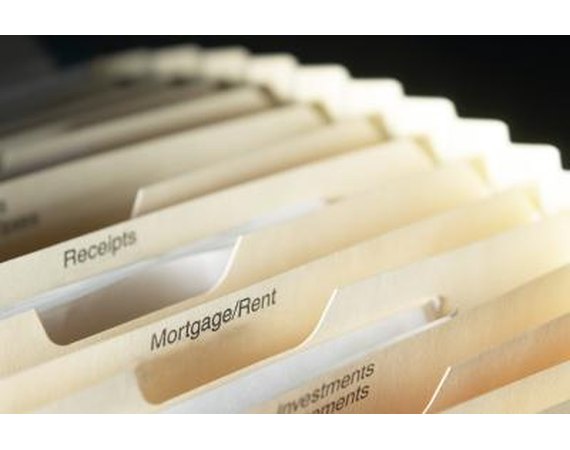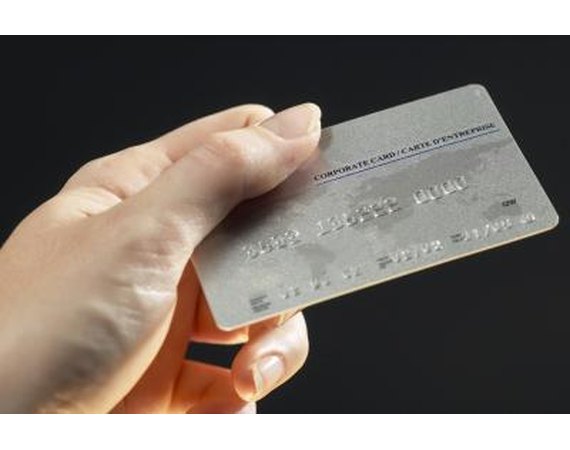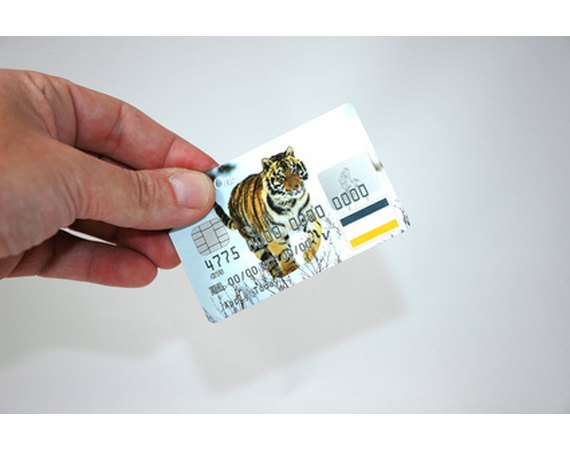
When a job loss, divorce or financial emergency strains the budget, some individuals opt to pay their most relevant debts, such as rent and utilities, and ignore unsecured loan payments, credit card bills and medical bills. Leaving debts unpaid, however, can result in the creditor sending the debt to a collection agency.
Function
A collection agency either aids the original creditor in collecting the debt or purchases the debt from the original creditor for a significantly reduced amount. By transferring or selling the debt to a collection agency, the original creditor does not need to expend its own resources attempting to collect the delinquent debt. If the collection agency owns the debt, it keeps the full amount it collects from the debtor. If the original creditor merely transfers the debt to the company, however, the collection agency may only keep a percentage of the debt it collects and must send the remaining amount back to the creditor.
Features
Collection agencies gather the information they get from original creditors to contact the debtor about his account. In some cases, the information is outdated or incorrect and the collection agency must use a skip-tracer. Skip-tracers are individuals that track down a debtor's personal information to make him easier for debt collectors to contact (See References 2). Once a collection agency has the debtor's telephone number, address and Social Security number, it may call him, send him letters about his debt and report the collection account to the credit bureaus.
Time Frame
According to CNN Money, creditors don't typically sell debts to collection agencies until the account holder is at least six months behind on her payments. The more time that passes since the debtor's last payment, however, the more difficult it is for a collection agency to collect the full amount. For older debts, debt collectors often offer consumers settlement agreements to coerce them to satisfy at least a portion of the debt they owe.
Considerations
Some debt collectors work on commission. Because they receive a portion of the debts they collect, they may take extreme measures to procure payments from debtors. Doing so, however, can leave the company vulnerable to a lawsuit. The Fair Debt Collection Practices Act (FDCPA) was established to protect consumers from abusive debt collection tactics. The FDCPA strictly prohibits collectors from collecting a debt by misrepresenting the collection agency's intentions, verbal or physical abuse and threats. Should a debt collector violate the FDCPA, the debtor may sue for damages.
Effects
If a debtor ignores a collection agency's request for payment, it may sue him. The collection agency must notify the debtor of the lawsuit and give him the opportunity to defend his position. If the statute of limitations in the individual's state has expired, he can use this as a successful court defense against a collection agency lawsuit. The statute of limitations is responsible for regulating the length of time a company or individual has to file a lawsuit to collect a debt. Should the debtor defend himself and lose, he could face significant financial consequences. Depending on the individual's state, the collection agency may be able to request a wage garnishment or bank account garnishment after a lawsuit.































